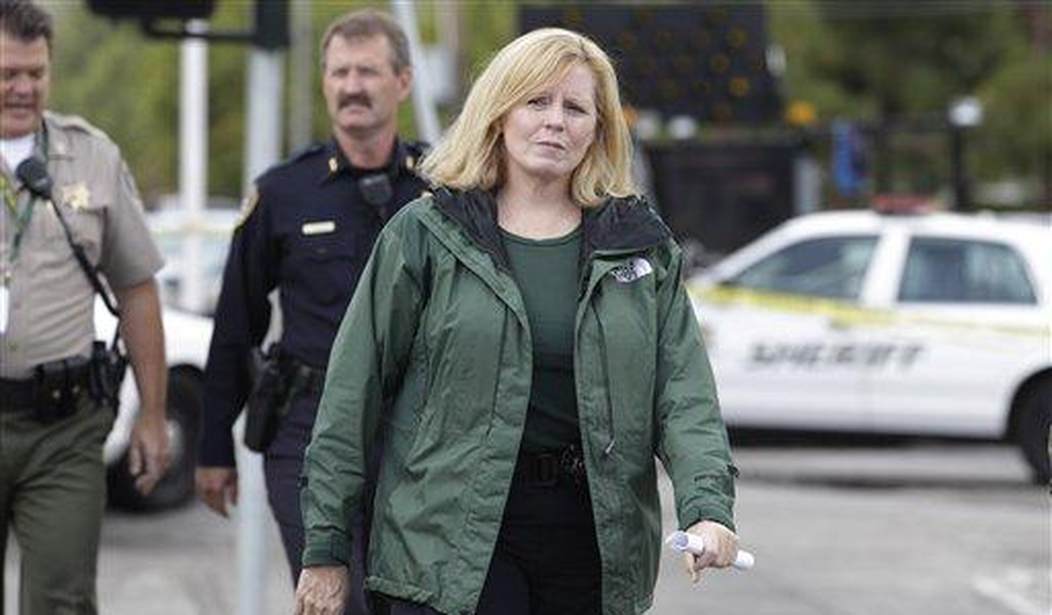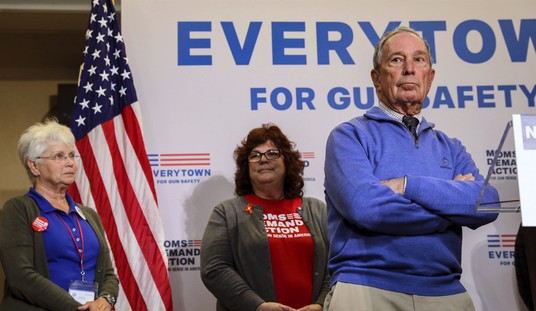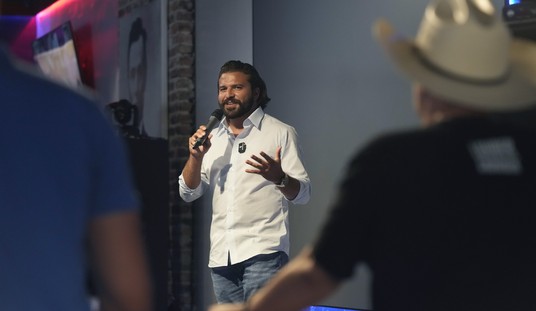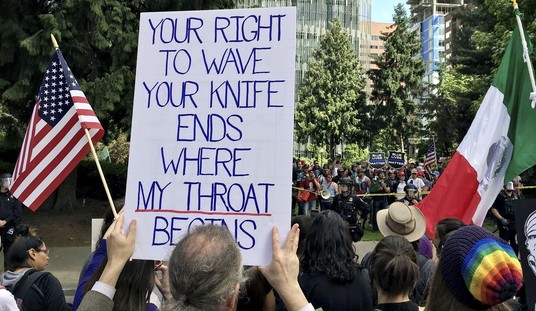The civil trial of Santa Clara County Sheriff Laurie Smith, accused of misconduct and playing favorites when issuing rarely-granted concealed carry permits, has revealed new details of how the pay-to-play scheme allegedly operated, with one witness outlining how he and the CEO of a now-defunct security firm agreed to pay tens of thousands of dollars to an “independent” group supporting the sheriff’s re-election campaign in exchange for several concealed carry permits for their employees.
Martin Nielsen, who was given immunity from criminal prosecution for his testimony in the civil trial, told jurors that it was clear from his interactions with sheriff’s department higher-ups that the hefty campaign contribution would pave the way for the permits to be approved.
Initially, the discussion involved acquiring more than a dozen permits, but Nielsen was clear in affirming that a hefty political donation would make it happen.“Did you come away with the understanding you would get 10-15 permits?” Prosecutor Gabriel Markoff asked.“Yes,” Nielsen replied.Smith’s connection has been drawn largely because of her status as her agency’s sole signatory for the gun licenses. Under questioning Monday from Smith attorney Allen Ruby, Nielsen affirmed that his only interaction with Smith was a 30-second meet-and-greet at a fundraiser during the period he was working with [Sheriff’s Capt. James] Jensen to get the gun permits.The precise donation amount was not stated in Nielsen’s testimony Monday due to a ruling by San Mateo County Superior Court Judge Nancy Fineman, who limited the amount of detail that Nielsen was allowed to give. She stated she did not want certain details from the criminal indictment to unduly influence the jury.However, in past testimony, Nielsen said $90,000 was the agreed amount, though only $45,000 was ever donated; the other half was scuttled after Nielsen was served by investigators with the Santa Clara County District Attorney’s office in 2019 as a bribery and corruption probe got underway.Nielsen testified that Jensen instructed him to lie on the applications for his agents, including entering residential addresses in the county even if the agents did not live in the South Bay.“I was informed there were several ways it could be done,” Nielsen said, referring to residency requirements. “People could rent rooms from each other … (or) more than one person could live at an address.”Nielsen also testified that he was unilaterally exempted by Jensen from having to qualify under a legally required firearms proficiency test, and got instruction to obscure their association to the security firm to avoid negative optics.“They could not all be AS Solution,” he said. “Something about the fact it was a security company and it didn’t look good.”









Join the conversation as a VIP Member